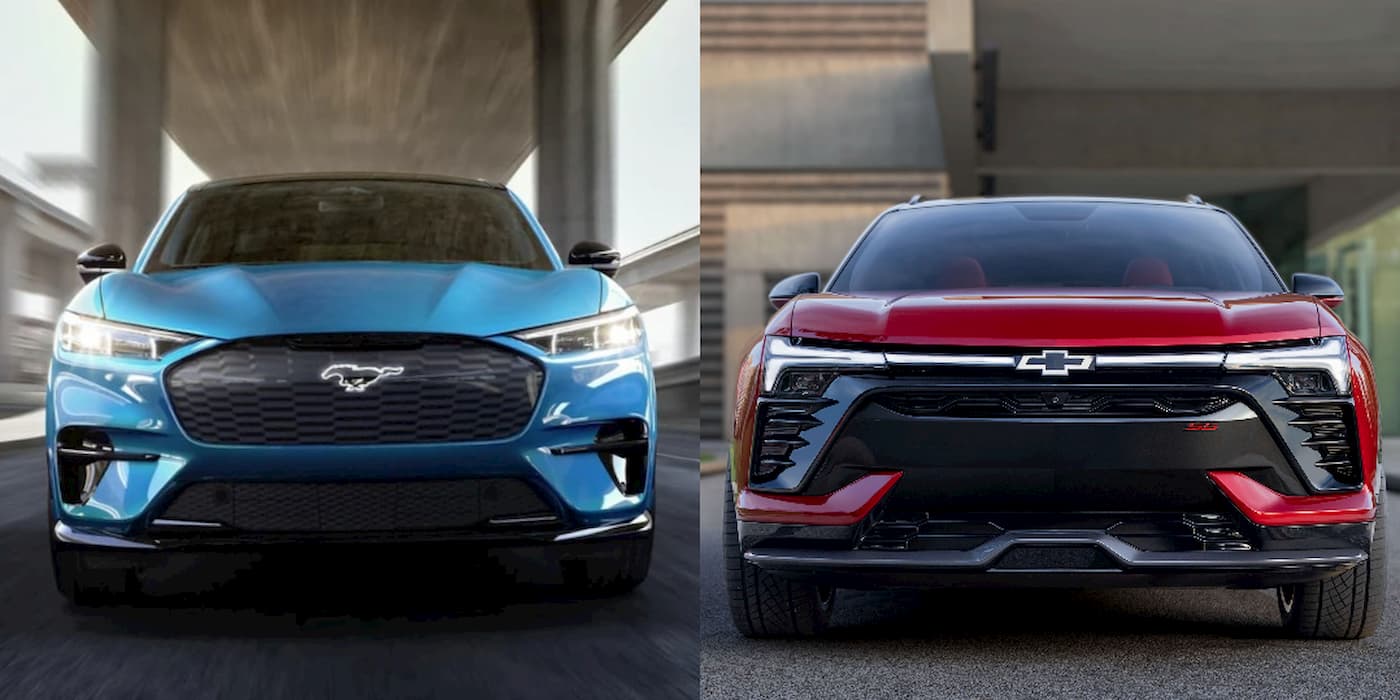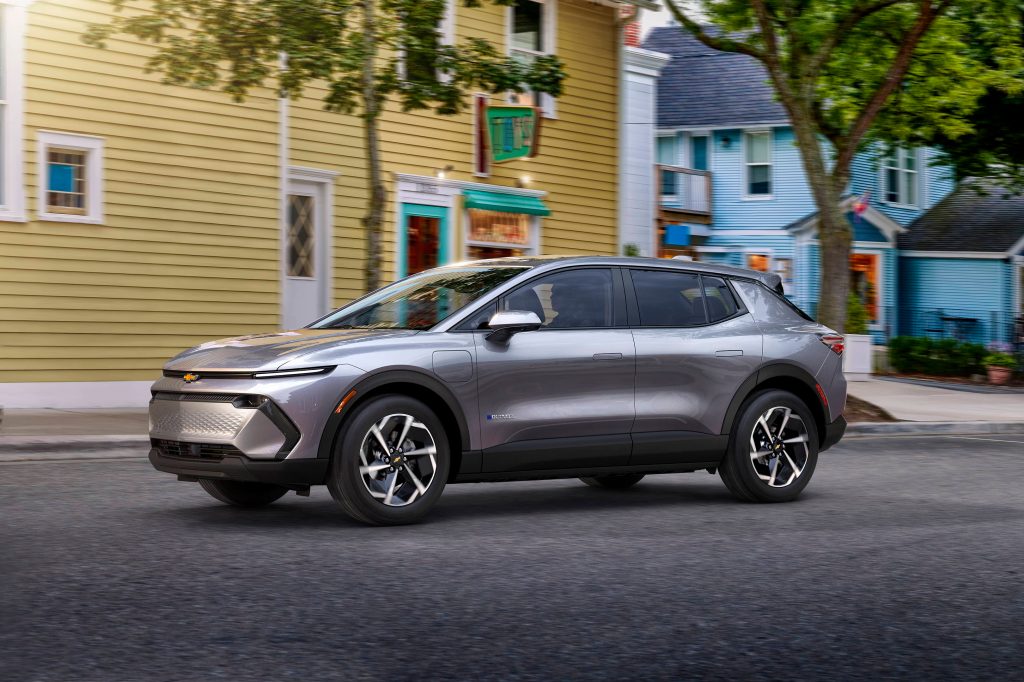
Ford (F) and General Motors (GM) are gearing up for likely the biggest transformation the auto industry has ever seen. With electric vehicles expected to continue replacing ICE vehicle sales at a record pace, both automakers are striving to boost production significantly by middecade. Will GM and Ford hit their EV targets? Let’s see what analysts have to say.
Ford targets a 2 million EV run rate by 2026
After selling just 10,866 electric vehicles in the first three months of 2023, Ford lost its position as the second-largest EV maker in the US to GM.
The lower output was mainly due to downtime at its plant in Mexico to boost production of the Mustang Mach E in the second half of the year. As a result, Mach-E sales fell 20% after a strong run in 2022. The automaker’s highly demanded F-150 Lightning also saw lower output after halting production earlier in the year.
Ford’s Model e electric vehicle segment generated $700 million in revenue, down 27% YOY. The unit’s operating losses grew to $722 million, more than doubling compared to Q1 2022.
Despite the setback, on the earnings call that followed, Morgan Stanley analyst Adam Jones questioned Ford CEO Jim Farley on his EV targets, saying:
I just get a little nervous with the 2 million unit capacity target that you have hanging out there for the second half of 2026, which, just in my opinion is a crazy high number.
He asked, “Can I get you to verify that volume target?” Farley responded, “Yes, absolutely.”
Farley believes Ford will be able to cut costs on its current EV lineup and implement what it has learned to enhance efficiency with its second-generation models, booting output, and profitability. For example, Farley says Ford brought the bill of material on the Mustang Mach-E down by $5,000.

With Ford projecting a $3 billion loss this year on its EV unit and pricing pressure mounting from Tesla’s recent price cuts, many doubt the company’s ability to hit its goals.
Ford believes its Model e division will achieve an 8% operating margin by the end of 2026, compared to a negative margin rate of 102% in the first quarter.
Morningstar analyst (via Bloomberg) says the “skepticism is a byproduct” of Ford’s results over the past few years, explaining:
People are saying: “It’s great you’re saying 8%, but until you do it, I just can’t believe you.”
Farley will try to win over analysts and investors next week as the company highlights its $50 billion EV investment plan.
GM
On the other hand, GM sold over 20,000 EVs for the first time in three months in Q1. The growth was mainly driven by Chevy Bolt EV and EUV sales, reaching 19,700 alone.
Although GM revealed it would be ending Bolt EV and EUV production later this year, the company has several high-volume models launching this year, including the Chevy Equinox EV, Chevy Blazer EV, and Chevy Silverado EV based on its scalable Ultium platform.

GM reaffirmed its target of having the capacity to power one million EVs by 2025, but a new forecast and analysis from Reuters suggests it may be a challenge.
According to Sam Fiorani, head of global vehicle forecasting at AutoForecast Solutions, says GM’s one million EV capacity target “will be difficult, based on [GM’s] planned battery production.”
GM expects its Ultium Cells battery plant in Ohio to reach full capacity by the end of the year, with its second in Spring Hill, Tennessee, expected to come online next year. A third is slated to open in early 2025 in Lansing, Michigan, with a total capacity of the three reaching at least 135 GWh, or enough to power over 1.3 million EVs annually.
However, with a slow ramp-up expected, AFS predicts the GMs battery plants will only have 58 GWh capacity or enough for about half (550,000) of its goal.
Fiorani added GMs annual targets might be limited by its ability to secure raw batteries for batteries. Despite this, GM had previously said it had enough battery materials to reach its 1 million EV goal by 2025.
Wedbush auto analyst Dan Ives chimed in, saying, “We believe GMs targets are hittable despite hurdles to get there.”
FTC: We use income earning auto affiliate links. More.
